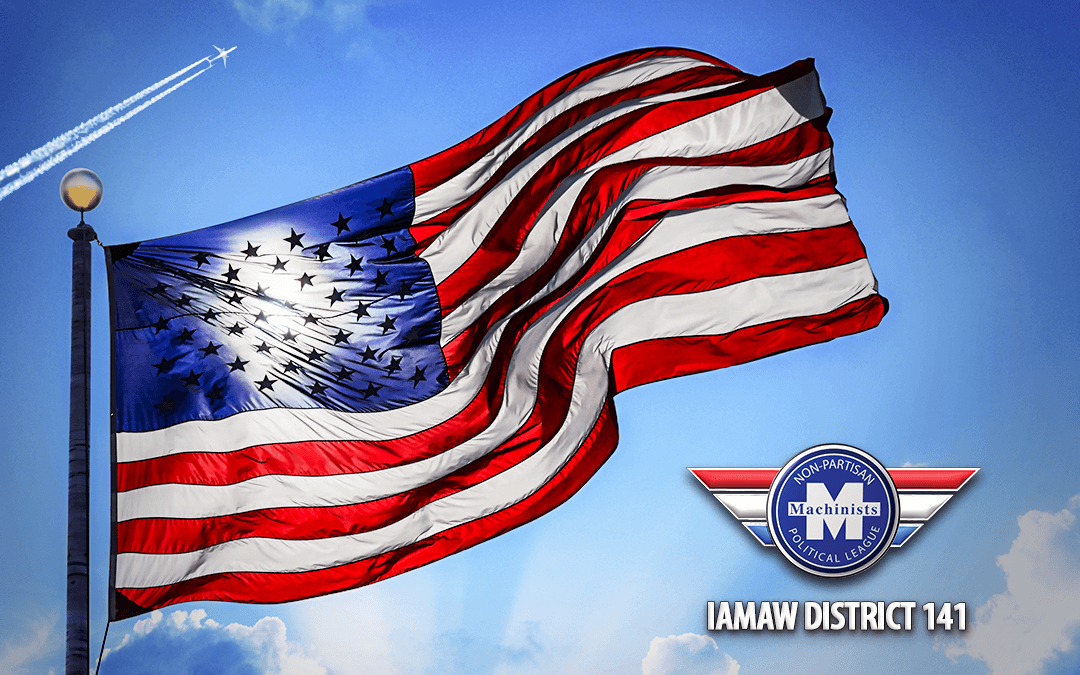
by Eric Price | Aug 6, 2020 | Airlines, American, COVID, Featured, Featured News, Front Page, MNPL, Organizing, United
A group of 16 Republican Senators sent a letter to Senate leaders supporting a measure that would provide $25 billion in additional payroll assistance to airlines. President Trump has endorsed the plan, clearing the way for an extension of the Payroll Support Program,...
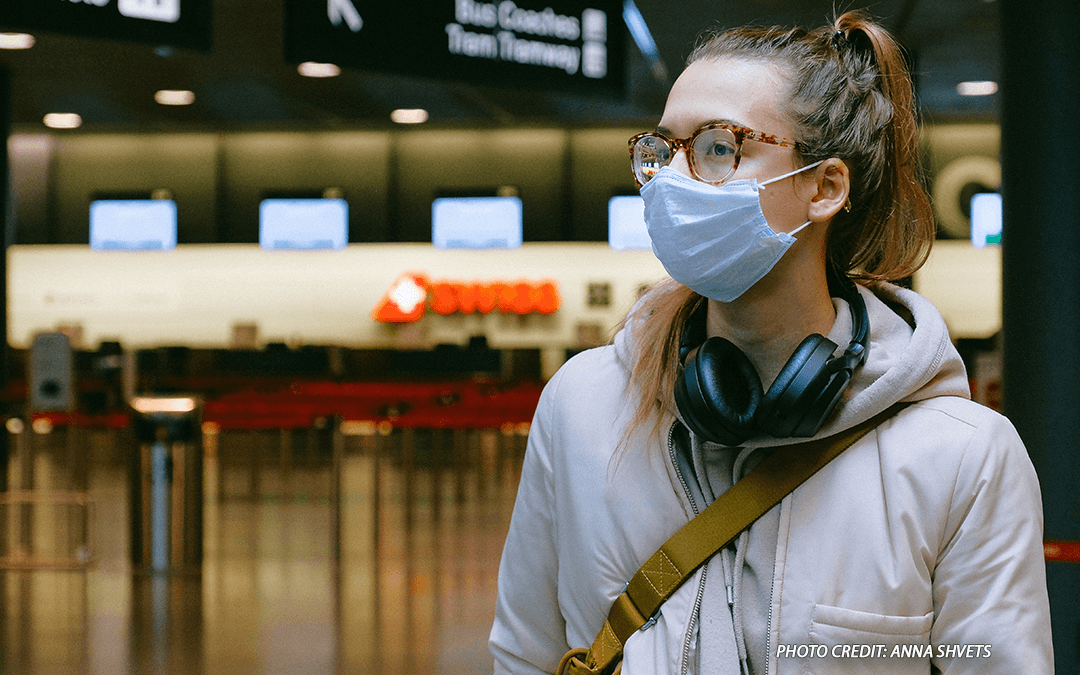
by Eric Price | Aug 4, 2020 | Airlines, COVID, Featured News, Front Page, MNPL, Row 2, Uncategorized
The Healthy Flights Act of 2020 protects passengers and also ensures pilots, flight attendants, and other airline employees are provided masks and other protective equipment, requires the development of a national aviation pandemic preparedness plan, and commissions a...

by Eric Price | Aug 3, 2020 | Airlines, American, COVID, Featured News, Front Page, GOIAM Stories, MNPL, Philippine, Row 2, Spirit, Uncategorized, United
The GOP has released the details of their latest COVID-19 relief legislation named the “HEALS Act.” The proposed legislation not only cuts unemployment benefits to the 20 to 30 million Americans who are currently out of work, but falls short in just about every area...
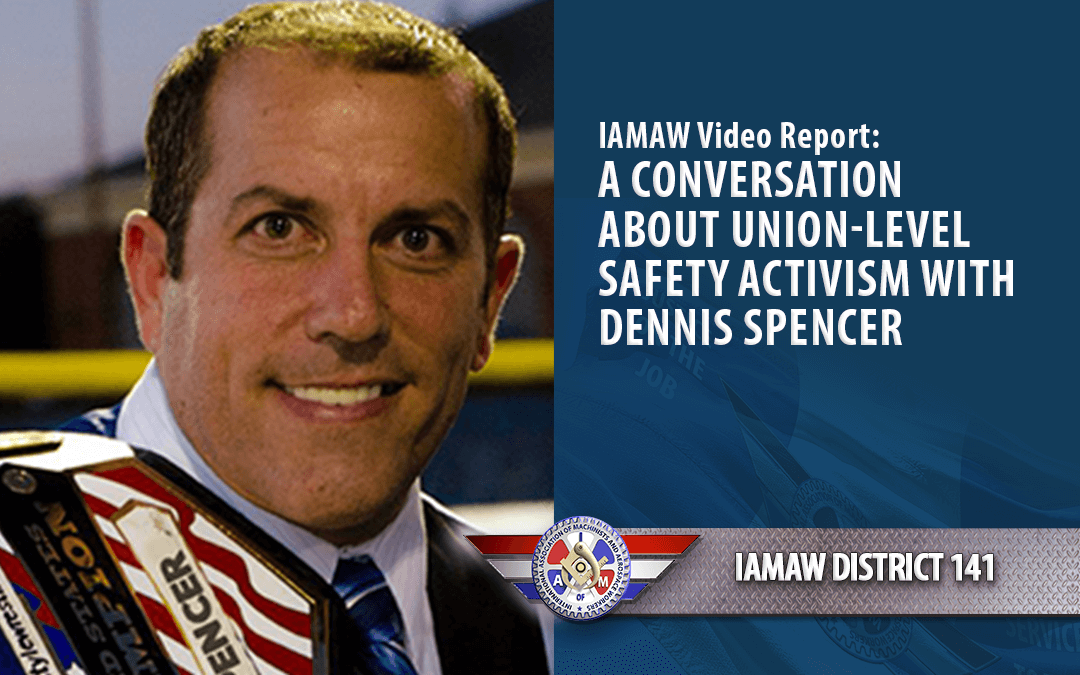
by Eric Price | Jul 31, 2020 | Airlines, American, COVID, Featured, Featured News, Front Page, Row 2, Safety, Uncategorized
A Conversation About Union-Level Safety Activism With Dennis Spencer Gate-Side Airline Safety Activism, Created, Directed and Maintained by Front-Line Union Members Brother Spencer has been fighting for workers safety since 2008, when he became the Safety Chair for...
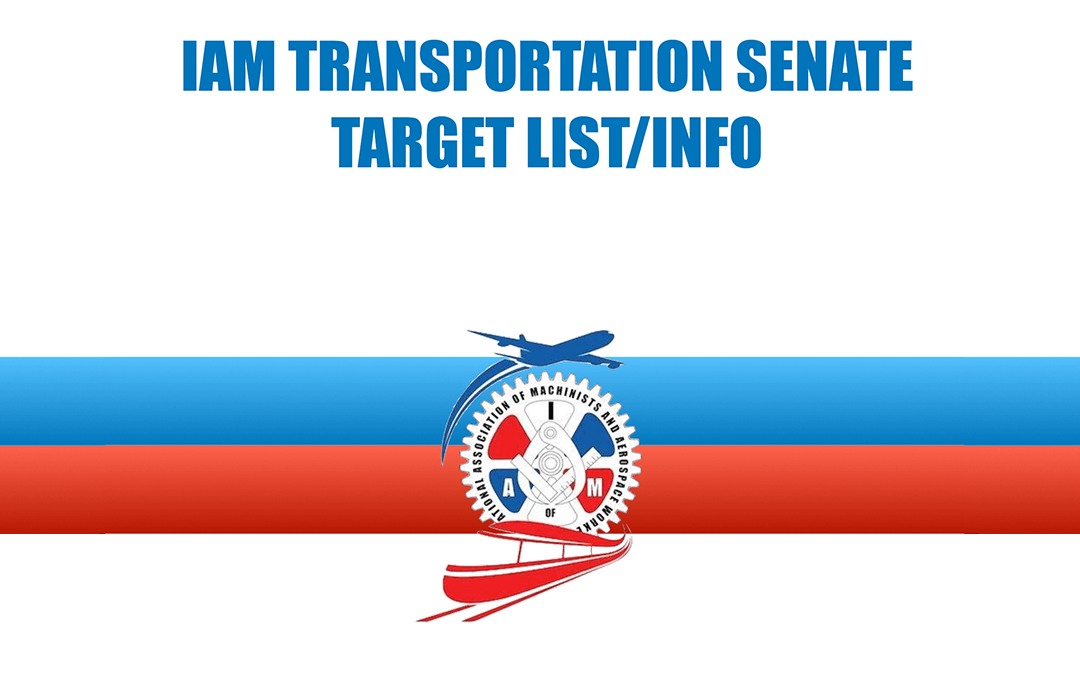
by Eric Price | Jul 30, 2020 | Airlines, American, Community Service Page, COVID, Featured, Featured News, Front Page, Hawaiian, Home, Mail Only, MNPL, Organizing, Philippine, Row 2, Spirit, United
Sisters and Brothers, As you know, Congress is currently negotiating another stimulus bill to address the economic impact of the coronavirus pandemic. I will be first to admit I didn’t think we had a chance to get an extension of the Payroll Support Program (PSP),...
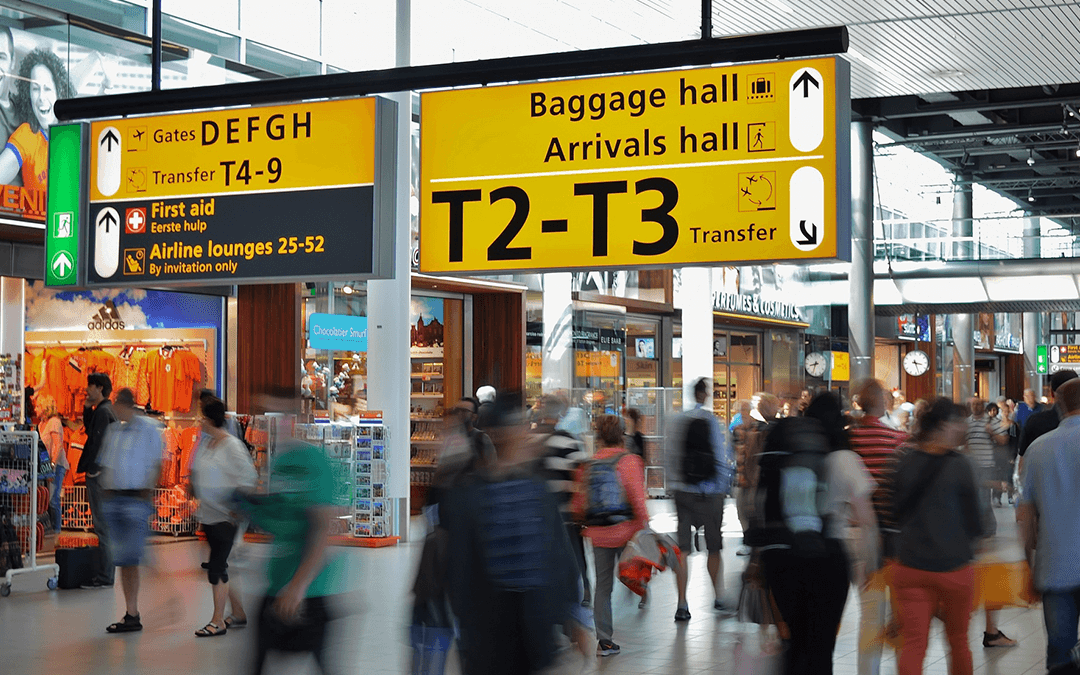
by Eric Price | Jul 30, 2020 | Airlines, COVID, Featured News, Front Page, Row 2, Uncategorized
July 27, 2020 Dear Mr. President, Speaker Pelosi, Leader McCarthy, Leader McConnell and Leader Schumer, A reopening of the U.S. economy is critical, and the only way to sustain job growth is to drive demand. One of the major challenges of a national economic recovery...







